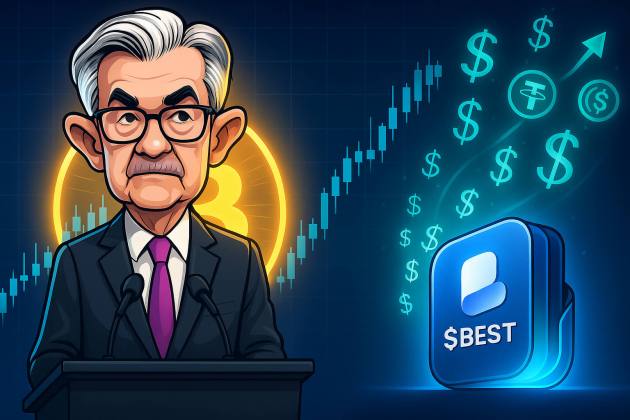SBF’s X account claims FTX was never bankrupt, triggers brief uptick in FTT token
NeutralCryptocurrency

Sam Bankman-Fried's recent post on X has sparked discussions in the crypto community by asserting that FTX never needed to file for bankruptcy. This claim has led to a brief uptick in the FTT token's value, highlighting the ongoing interest and volatility in the cryptocurrency market. The implications of such statements can influence investor sentiment and market dynamics, making it a noteworthy development for those following the crypto landscape.
— Curated by the World Pulse Now AI Editorial System









